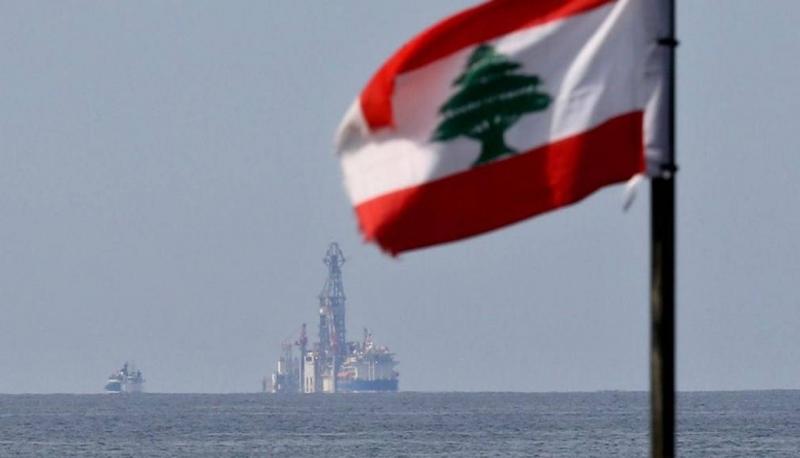The French giant "TotalEnergies" has completed the logistical preparations for oil and gas exploration activities and drilling an exploratory well in Block No. (9) in southern Lebanon. The drilling rig is expected to arrive in the country by mid-month, while parliamentary discussions continue regarding the establishment of a sovereign wealth fund to preserve the anticipated oil revenues. The company, which is considered the main operator of the project, has finished the open tender to select a ship or drilling platform.
The operator has completed logistical preparations within Lebanon, having awarded contracts to local Lebanese companies to secure logistical services at the Port of Beirut, helicopter services at Rafic Hariri International Airport, and supply ship services for the drilling platform. In conjunction with these preparations for the operator in Block No. (9), the Lebanese parliament witnessed a legislative workshop by the subcommittee emanating from the Finance and Budget Committee, chaired by MP Ibrahim Kanaan, aimed at establishing the sovereign fund.
The subcommittee worked on studying four draft laws presented to parliament concerning the establishment of the sovereign fund. These include a "draft law proposed by the Development and Liberation bloc led by the Speaker of the Parliament Nabih Berri," a "draft law from the Democratic Gathering bloc chaired by MP Taymour Jumblatt," a "draft law from the Strong Lebanon bloc headed by MP Gebran Bassil," and a "draft law from the Lebanese Forces bloc."
The discussions in the parliament included the assistance of a Norwegian expert who participated in the establishment of several sovereign funds around the world. He attended the session held by the subcommittee alongside members of the Finance and Budget Committee and the Norwegian ambassador. The Norwegian expert provided a presentation on the economic and financial principles, governance foundations for the sovereign funds he helped establish, and his recommendations for the Lebanese parliament to consider when drafting the sovereign fund law.
The fund is intended to allocate oil resources in a way that prevents direct inclusion in the national budget, in order to protect the economy and avoid what is known economically as "Dutch Disease." "Dutch Disease" in economics refers to the apparent relationship between economic growth due to an abundance of natural resources and a decline in the manufacturing sector. The mechanism behind "Dutch Disease" is that increased revenues from natural resources or foreign aid inflows will strengthen the country's currency compared to other countries, leading to higher export costs and cheaper imports, making the country's manufacturing sector less competitive.
When the parliament passed the law regarding petroleum resources in Lebanese waters, it sought to preserve future generations' rights to these assets through Article Three of the law, which stipulates that petroleum resources must be placed in the sovereign fund. If an oil discovery occurs in Lebanese maritime waters, money will not enter the sovereign fund for at least five years, as the funds from the petroleum resources will be allocated to developing exploration operations leading up to the production phase.
During this production phase, the Lebanese state will receive its full share from petroleum activities, which includes royalties, profit oil owed to the state, and tax on profit oil owed to the operating companies. Although the timeline for the oil exploration process may take up to three months after the drilling begins, the discussions in the Lebanese parliament have revealed multiple opinions regarding the fund project, but they have reached a bill awaiting approval at the time set by the Speaker of the Parliament.




